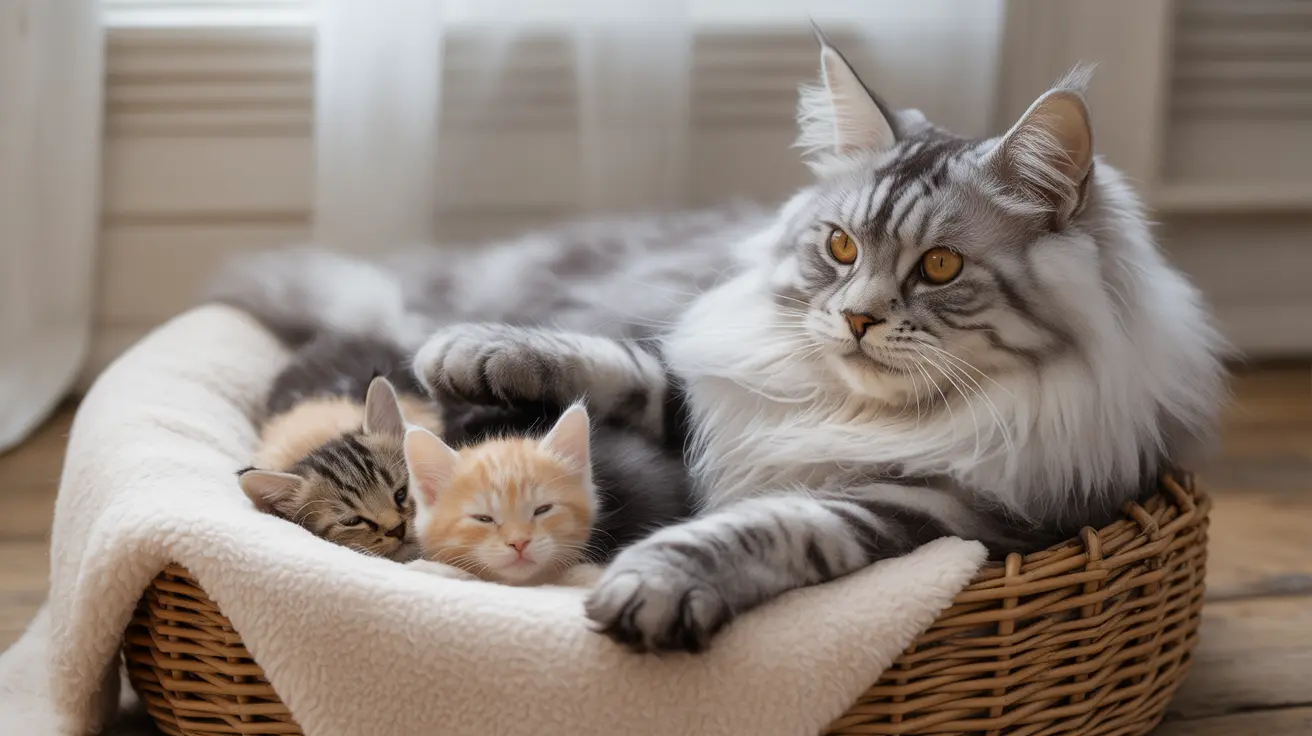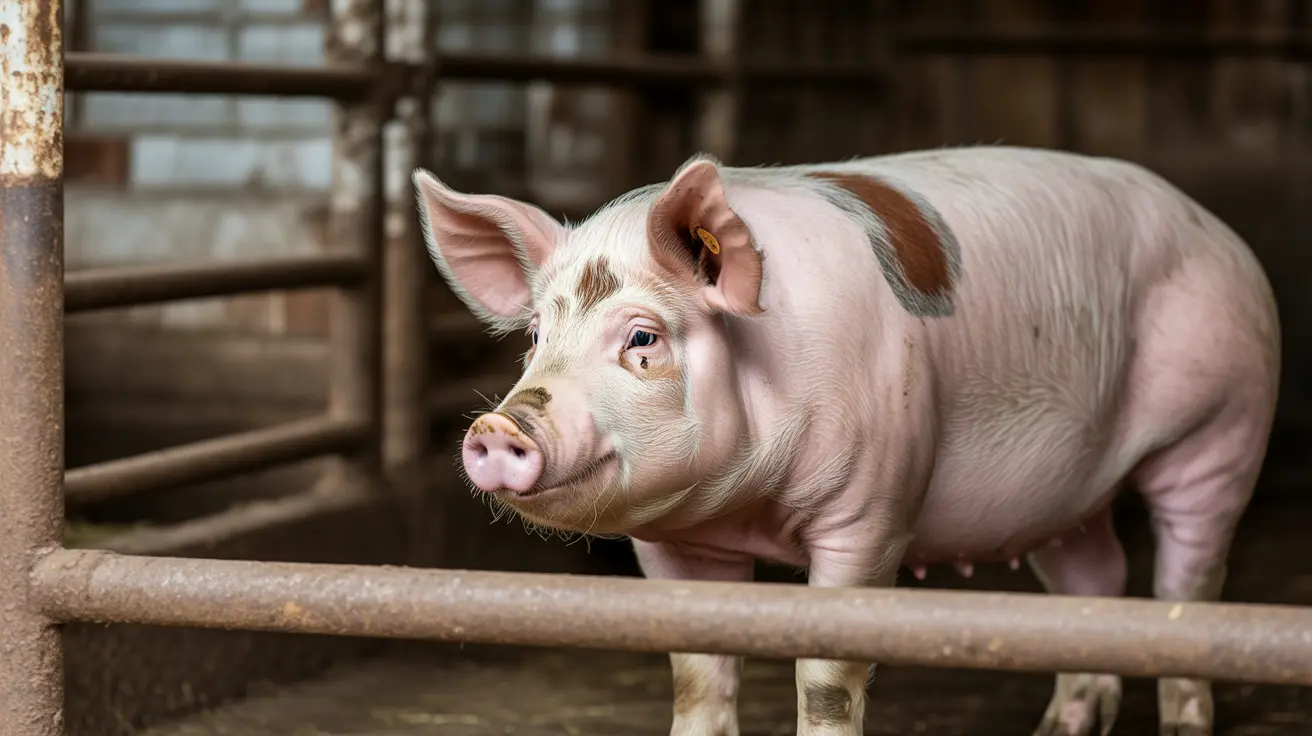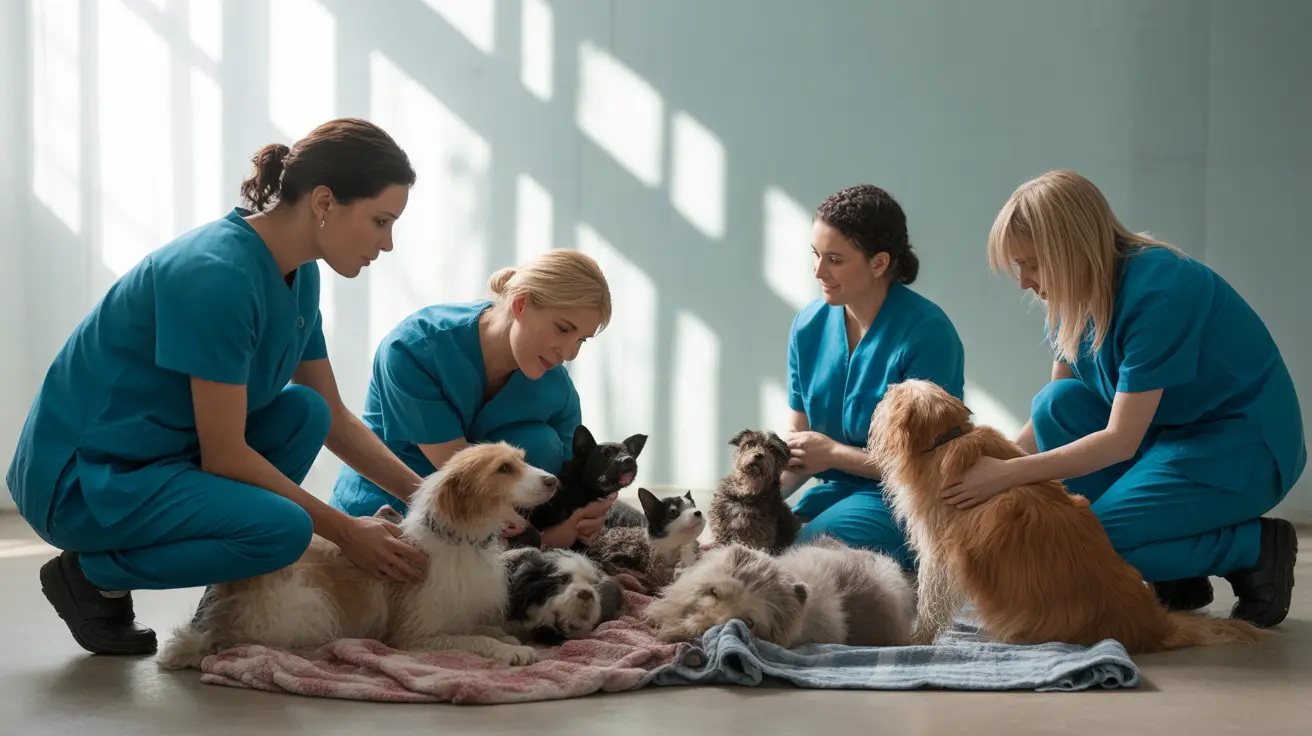The arrival of newborn kittens brings excitement and curiosity, but knowing when it's safe to hold these tiny creatures is crucial for their health and development. While the urge to cuddle these adorable balls of fur is natural, proper timing and technique are essential to ensure both kitten and mother cat remain healthy and stress-free.
Understanding the delicate balance between necessary handling and potential risks can make all the difference in a kitten's early development. Let's explore the comprehensive guidelines for when and how to safely handle newborn kittens.
The Critical First Two Weeks
During the first two weeks of life, kittens are extremely vulnerable. They're born blind, deaf, and unable to regulate their body temperature. This period is crucial for bonding with their mother and receiving essential nutrients through nursing.
Unless absolutely necessary for medical reasons or in cases of orphaned kittens, handling should be minimal during this time. The mother cat provides everything her kittens need, from warmth to nutrition and cleaning.
Safe Handling Timeline and Guidelines
Weeks 0-2
- Avoid handling unless necessary for health checks
- Maintain strict hygiene if handling is required
- Keep the nesting area quiet and undisturbed
- Monitor from a distance to ensure kittens are nursing properly
Weeks 2-3
- Begin brief, gentle handling sessions
- Watch mother cat's reaction closely
- Always wash hands thoroughly before and after
- Keep handling sessions short (1-2 minutes)
Weeks 3-7
- Gradually increase handling time
- Start socialization activities
- Introduce new experiences carefully
- Continue monitoring mother cat's comfort level
Special Circumstances: Orphaned Kittens
When dealing with orphaned kittens, immediate handling becomes necessary for survival. However, this must be done with extreme care and attention to:
- Maintaining proper body temperature
- Following strict feeding schedules
- Ensuring proper hygiene
- Providing necessary stimulation for bodily functions
Signs of Proper Timing for Handling
Look for these indicators that it's safe to handle kittens:
- Eyes and ears are open
- Steady weight gain
- Mother cat appears relaxed
- Kittens are actively moving
- Normal body temperature maintenance
Health and Safety Precautions
When handling newborn kittens, always:
- Wash hands thoroughly or wear clean gloves
- Keep the environment warm
- Support the entire body, especially the head
- Handle gently and minimize movement
- Return kittens quickly to their mother
Frequently Asked Questions
When is the safest age to start holding newborn kittens without risking maternal rejection?
The safest age to begin handling kittens is around 2 weeks old, when their eyes and ears have opened. Always observe the mother's behavior and start with brief, gentle handling sessions.
How can I gently handle orphaned newborn kittens to ensure their health and safety?
Handle orphaned kittens with clean, warm hands, supporting their entire body. Maintain their body temperature, feed them every 2-3 hours with kitten formula, and provide gentle stimulation for elimination after feeding.
What signs indicate that a mother cat is stressed by human handling of her kittens?
Signs of maternal stress include hissing, growling, moving the kittens frequently, excessive grooming, or refusing to nurse. If you notice these behaviors, reduce handling immediately.
Why should handling of newborn kittens be minimized during the first two weeks?
This period is crucial for mother-kitten bonding, immune system development, and establishing nursing patterns. Excessive handling can disrupt these processes and potentially lead to rejection.
How can early, careful handling benefit a kitten's socialization and development?
Appropriate handling after the two-week mark helps kittens develop trust in humans, reduces fear responses, and promotes better social adjustment in adulthood. It also allows for early detection of any health issues.
Conclusion
While the desire to hold and cuddle newborn kittens is understandable, waiting until the appropriate time ensures their health and well-being. Following these guidelines helps create well-adjusted, socialized cats while maintaining the crucial bond between mother and kittens.
Remember that each kitten and mother cat is unique, so always observe their behavior and adjust your approach accordingly. When in doubt, consult with a veterinarian for personalized guidance on kitten handling and care.






